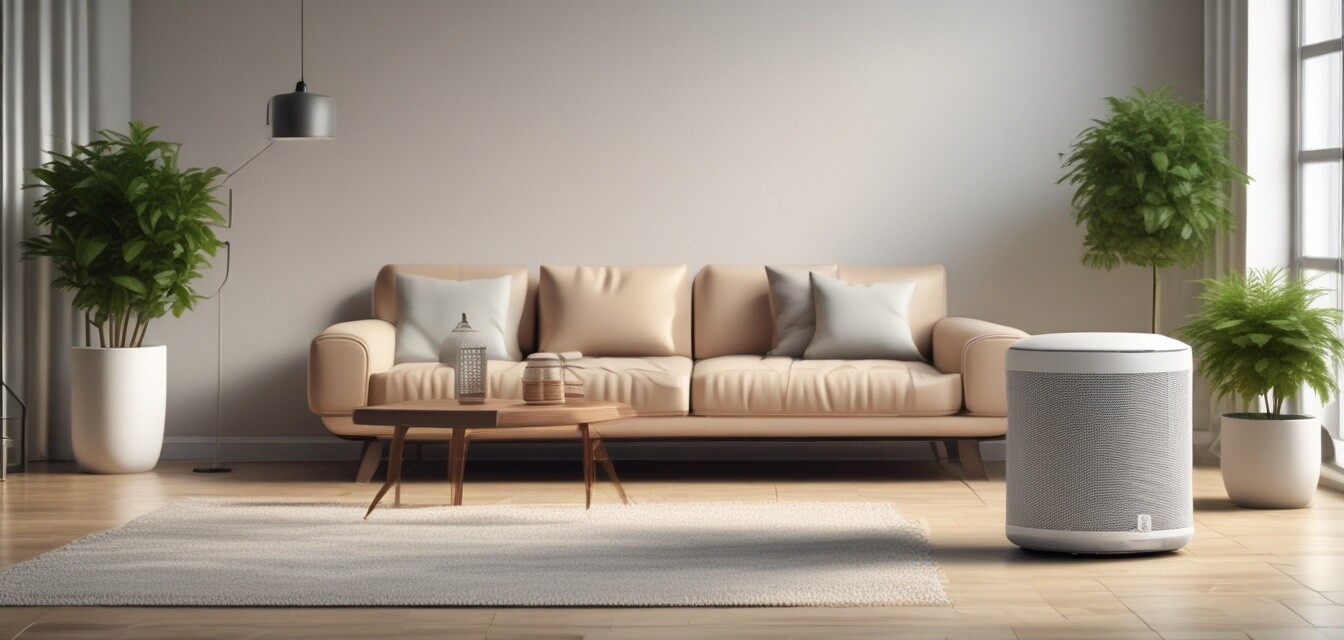
Comparing Air Purifier Brands: Which One is Right for You?
Key Takeaways
- Understand the different features and technologies in air purifiers.
- Prioritize your needs: room size, allergy concerns, and noise level.
- Some brands offer smart technology for enhanced air quality monitoring.
- Compare product warranties and customer support options.
- Evaluate price points to ensure you're getting value for your investment.
Finding the right air purifier can be overwhelming, especially with so many brands and models available. In this article, we'll provide a thorough comparison of leading air purifier brands, evaluating their performance, specifications, and price points to help you make an informed decision. From features that target specific allergens to energy efficiency and design aesthetics, we'll explore everything you need to know.
Understanding Air Purifier Technologies
Before diving into brand comparisons, it's essential to understand the technologies used in air purifiers. Most models rely on the following filtration methods:
- HEPA Filters: Captures 99.97% of airborne particles as small as 0.3 microns, perfect for allergy sufferers.
- Activated Carbon Filters: Reduces odors and captures harmful gases.
- UV-C Light: Kills bacteria and viruses, often found in advanced models.
- Pre-filters: Catches larger particles like hair and dust, extending the life of HEPA filters.
Brand Comparison Table
| Brand | Model | Room Coverage | Filter Type | Noise Level (dB) | Price Range |
|---|---|---|---|---|---|
| Pure Enrichment | PureZone Air Purifier | 200 sq ft | H13 HEPA & UV-C | 30 dB | Mid-Range |
| PuroAir | 240 HEPA Air Purifier | 1000 sq ft | 3-Layer HEPA with Activated Carbon | Quiet | Premium |
| DBFIT | H13 HEPA Air Purifier | 2390 sq ft | H13 HEPA & Activated Carbon | N/A | Mid-Range |
Comparing the Features
Each brand offers unique features that cater to different needs and preferences. Here’s a closer look at some standout characteristics:
Pros of Pure Enrichment
- 4-stage air purification including UV-C.
- Quiet operation, great for nighttime use.
- Compact design fits in various spaces.
- 5-year warranty providing peace of mind.
Cons of Pure Enrichment
- Limited coverage area compared to competitors.
- Requires regular filter replacement.
Pros of PuroAir
- Covers large areas, perfect for open spaces.
- High level of pollutant filtration.
- Smart particle sensor for automatic adjustment.
Cons of PuroAir
- More expensive than compact models.
- Can be bulky for small rooms.
Pros of DBFIT
- High filtration efficiency for large spaces.
- Real-time air quality monitoring.
- Washable pre-filter for extended life of main filters.
Cons of DBFIT
- May be overkill for small apartments.
- Heavier compared to its peers.
Which Air Purifier Should You Choose?
Your choice of air purifier should depend on several factors:
- Room Size: Look for a model that can cover your intended space efficiently.
- Allergy Needs: Choose models with True HEPA filters for maximum allergen protection.
- Noise Level: Consider noise levels if you're sensitive to sound while sleeping.
- Budget: Determine what features you need and balance them against the price.
- Additional Features: Features like smart sensors, air quality indicators, and user-friendly controls can enhance your experience.
Final Thoughts
Selecting the right air purifier can significantly improve your air quality and reduce allergy symptoms. Take the time to review the features that matter most to you, and consider the brands we've discussed to find a suitable match.
Tips for Beginners
- Read customer reviews to gauge real-world performance.
- Check for replacement filter costs and availability.
- Measure your room to ensure the purifier can handle the space.